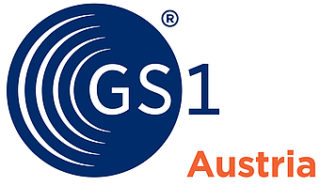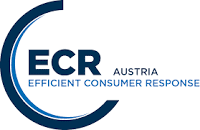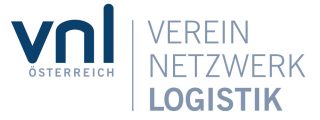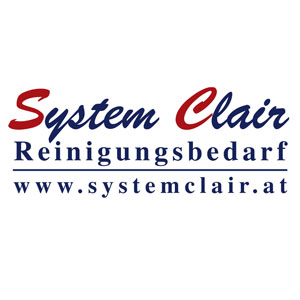Reducing costs by switching to EDI

Money matters: when does it pays off for a company to switch to EDI?
Wouldn’t it be highly convenient if you no longer had to exchange all orders, despatch advices, and invoices with your business partners by fax, e-mail or even mail, but everything happened automatically via electronic data interchange (EDI) instead? Experience has also shown that there is also less room for error. And there’s even more potential: process automation reduces your employees’ workload and makes them available for other tasks. It is also undisputed that, when all factors are taken into account, EDI can significantly reduce costs.
An old merchant’s rule has lost none of its validity even in 2022: saving one euro is easier than painfully earning one euro through hard work. A frequently asked and very legitimate question in the area of Electronic Data Interchange (EDI) is the following: how much can a company save on the bottom line by switching from paper-based invoices to e-invoices? And how many more euros will it have in its pocket if the company switches the entire Order2Cash process to electronic data interchange? This means that the entire process would be electronic, from incoming orders to invoicing. Let’s look at it one step at a time.
Individual factors
Before we go into detail, let’s remember that specific savings will always dependent on several factors, including the following: how was the exchange of business documents handled before (by mail, fax, e-mail, etc.)? With how many partners would you like to use EDI in the future? What is the document volume per year? What kind of technical infrastructure exists? Which expertise and pricing model does the potential EDI service provider that you might entrust with the connection have? These are just a few of many questions that you should ask yourself.
The savings potential for invoices alone is high
In addition to company-specific factors, international calculations and studies exist. These are very insightful when it comes to the approximate savings potential. Let’s start right away with a document that is particularly interesting from an EDI perspective, namely the invoice. When determining the potential cost savings, it makes all the difference if you receive or send invoices.
A study by Billentis analyzed the savings potential associated with e-invoices, which I would like to present to you here in excerpts.
Example calculation:
A savings potential of roughly 60 percent does sound very attractive. It gets even better if you are the invoice recipient, because then even you can save as much as 64 percent, as the graph below illustrates.
Example calculation:
Savings for every Order2Cash process
Another interesting survey by GS1 is available for Order2Cash transactions. While this study was carried out a few years ago, it remains quite relevant. This study found that a total of almost 800 million euros per year can be saved by using GS1’s EDI standards, starting at the ordering process all the way to invoicing (purchase order, goods receipt, invoice, automatic master data match-up). Broken down to a single Order2Cash process, this results in savings of up to 51 euros.
Decreasing the workload with digitalization
Looking beyond calculation models, it becomes apparent that switching to Electronic Data Interchange has yet another significant advantage. Depending on the industry, personnel costs are a very significant cost factor at most companies. Since process automation enables well-trained employees to take care of more productive activities, additional potential for exploring new business opportunities arises.
As a recent study by KPMG on “Digitalization in accounting 2021” reveals, many companies and their accounting departments have responded to the pandemic by taking specific steps towards digitalization. 61 percent of the companies surveyed said that COVID-19 has boosted or accelerated digitalization in the area of accounting. An important factor is that digitalization oftentimes not only affects accounting departments, but many other departments as well. If resources, processes, and areas of responsibility are redistributed or redefined as part of a holistic IT strategy, great opportunities arise in the medium to long term.
My colleagues and I will be happy to meet with you in person to discuss the EDI-related cost-saving potential at your company. Just give us a call or use the contact box (right-hand side) to send us your inquiry.
 Zur Person
Zur Person
Christoph Stenech
Head of Sales bei EDITEL Austria
About EDITEL

EDITEL, an EDI service provider, is the internationally leading provider of EDI solutions (EDI = Electronic Data Interchange). The company specializes in the optimization of supply chain processes for companies of all sizes and in all industries.
Portrait photo copyright Editel/Petra Spiola
Symbol photo copyright iStock, copyright metamorworks
Graphic copyright EDITEL Austria GmbH



 Zur Person
Zur Person









